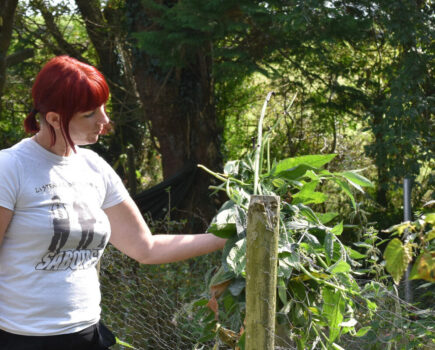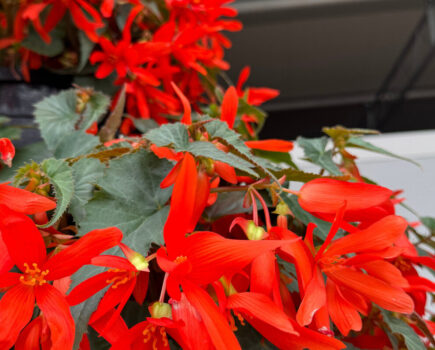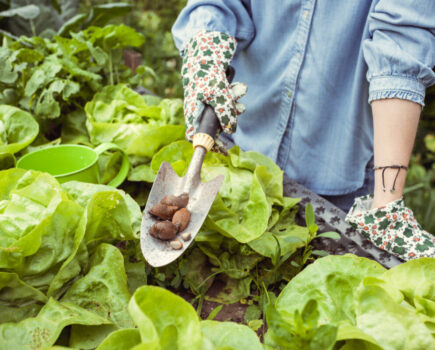Amy Stubbs explains why garden centres can be a place to enjoy and gather, and not just to buy plants.
Gardening has long been a beloved pastime in the UK, with a thriving network of garden centres serving enthusiasts and novices alike. According to the Horticultural Trades Association, there are more than 1400 garden centres and retail nurseries* across the country, and while these establishments have traditionally been havens for green-fingered individuals, they’ve recently transformed, becoming more deeply integrated into local communities with over two-thirds of British adults visiting a garden centre every year**.
How have garden centres evolved to play such a vital role in their communities?

Diversifying into events
A quick way to foster a sense of community is to host events that bring residents together. These can vary from ‘classic’ garden centre activities like plant sales and gardening workshops to more family-friendly gatherings that transform the space into a welcoming hub.
From teaching and demonstrations to seasonal celebrations and live music or car shows and bike nights, these events provide shared experiences that can foster a sense of camaraderie and belonging.
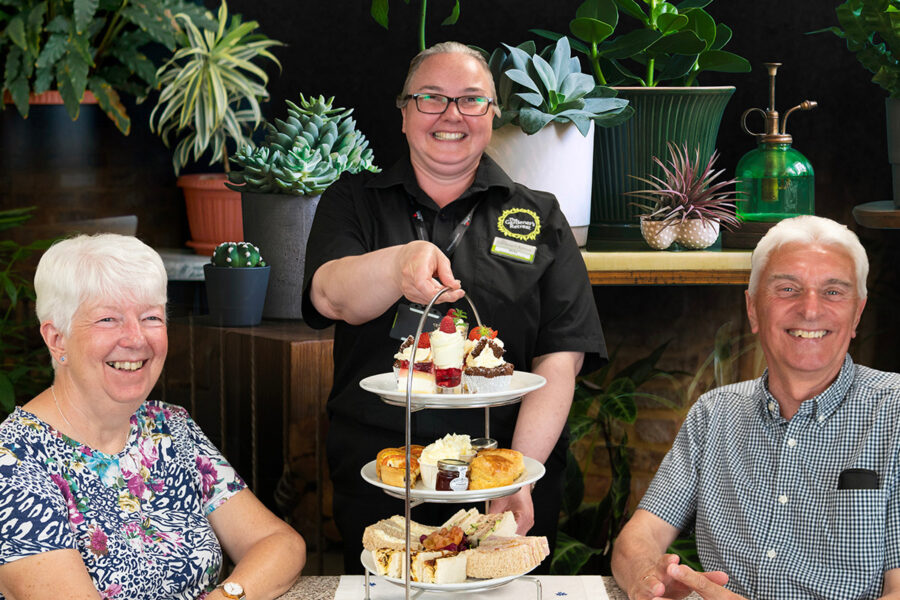
Additionally, garden centres often host community markets, farmers’ markets and craft fairs, which support local businesses and offer residents the opportunity to shop for unique items that can’t be found on the high street. Beyond their social and economic benefits, garden centres also play an important role in promoting environmental awareness and education within their communities. Many centres offer workshops on sustainable gardening practices, composting and native plant species. These initiatives help to educate the community about environmental issues and encourage residents to take action to protect their local ecosystems.
Even if you have no prior gardening knowledge, garden centres are there to educate and make you feel part of a group that is learning and part of a welcoming atmosphere that encourages everyone to feel included.

Christmas grottos have become a beloved tradition
They often involve local businesses and artisans, providing them with an opportunity to showcase their products and services to a wider audience. From festive decorations and crafts to food and beverages, these events can stimulate the local economy, bringing people together to celebrate the Christmas season. It’s a great way to spend quality time as a family, meet new friends, and participate in festive activities that promote a sense of goodwill and cheer in their hometown.
Family days out
Garden centres have become vibrant destinations offering a variety of family-friendly activities beyond plant shopping. From soft play areas and crazy golf to mazes, dinosaur exhibits and craft workshops, there’s something for everyone. Seasonal promotions also add excitement and variety to the garden centre experience. Organising Easter egg hunts, where colourful eggs are hidden for children to find, help create joyful memories for communities. Halloween parties featuring costume contests, trick-or-treating, and spooky decorations can also engage the local area and celebrate the festive spirit of the season.

Food for thought
The cafes and restaurants within garden centres provide a welcoming atmosphere for people to gather, relax and connect. These cafes can contribute significantly to a garden centre’s financial success, as research shows they can account for up to 20% of their total revenue***. Beyond the financial benefits, cafes offer a valuable opportunity for community members to socialise and get to know each other.
Strengthening connections
One of the key ways garden centres are building stronger community ties is by forming partnerships with local businesses and charities. These partnerships offer a mutually beneficial arrangement, contributing to the overall vitality of the community and creating a more diverse and engaging shopping experience for customers.
Leveraging digital platforms is another essential strategy for garden centres to connect with their community. Social media platforms provide a powerful tool for sharing updates, engaging with customers, and fostering a sense of friendship and trust. By producing video content, sharing seasonal decorations, announcing changes in opening hours, and publishing informative blog posts, garden centres can keep their local area informed and engaged.
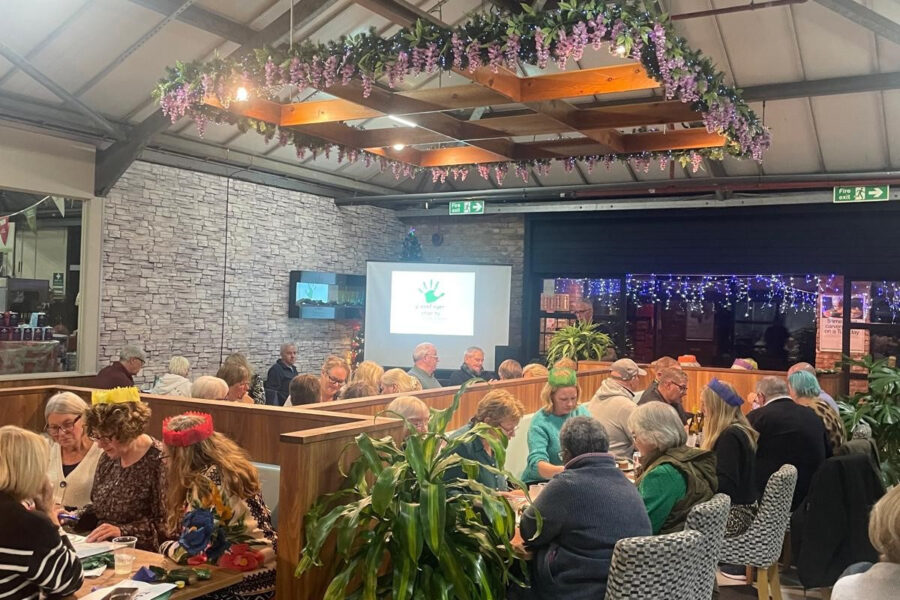
Moreover, garden centres play a crucial role in promoting mental health and well-being. A survey conducted by The Horticultural trades Association in 2023 revealed that 84% of British adults believe gardens and green spaces benefit their state of mind. By offering a space where people can connect with nature and others who share similar interests, garden centres provide a valuable resource for the community.
……………….
References
*2023
**HTA
*** Savills Spring/Summer Review 2024
British Garden Centres is the UK’s largest family-run garden centre group
Find more tips, advice and articles like this at the Amateur Gardening website. Subscribe to Amateur Gardening magazine now


